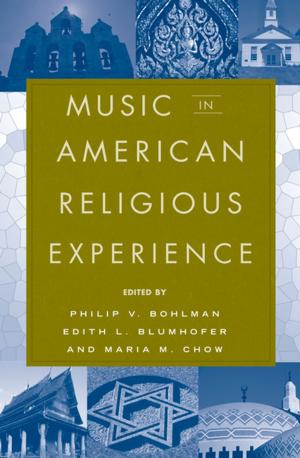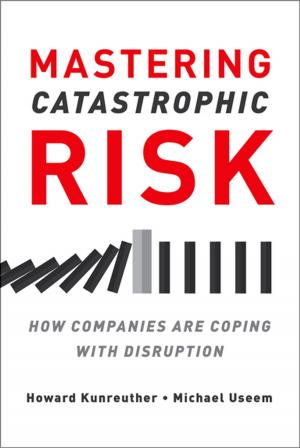Handbook of Religion and Health
Nonfiction, Religion & Spirituality, Reference, General Reference, Philosophy, Mind & Body| Author: | Harold G. Koenig, Michael E. McCullough, David B. Larson | ISBN: | 9780199880669 |
| Publisher: | Oxford University Press | Publication: | January 11, 2001 |
| Imprint: | Oxford University Press | Language: | English |
| Author: | Harold G. Koenig, Michael E. McCullough, David B. Larson |
| ISBN: | 9780199880669 |
| Publisher: | Oxford University Press |
| Publication: | January 11, 2001 |
| Imprint: | Oxford University Press |
| Language: | English |
What effect does religion have on physical and mental health? In answering this question, this book reviews and discusses research on the relationship between religion and a variety of mental and physical health outcomes, including depression and anxiety; heart disease, stroke, and cancer; and health related behaviors such as smoking and substance abuse. The authors examine the positive and negative effects of religion on health throughout the life span, from childhood to old age. Based on their findings, they build theoretical models illustrating the behavioral, psychological, social, and physiological pathways through which religion may influence health. The authors also review research on the impact of religious affiliation, belief, and practice on the use of health services and compliance with medical treatment. In conclusion, they discuss the clinical relevance of their findings and make recommendations for future research priorities. Offering the first comprehensive examination of its topic, this volume is an indispensable resource for research scientists, health professionals, public policy makers, and anyone interested in the relationship between religion and health.
What effect does religion have on physical and mental health? In answering this question, this book reviews and discusses research on the relationship between religion and a variety of mental and physical health outcomes, including depression and anxiety; heart disease, stroke, and cancer; and health related behaviors such as smoking and substance abuse. The authors examine the positive and negative effects of religion on health throughout the life span, from childhood to old age. Based on their findings, they build theoretical models illustrating the behavioral, psychological, social, and physiological pathways through which religion may influence health. The authors also review research on the impact of religious affiliation, belief, and practice on the use of health services and compliance with medical treatment. In conclusion, they discuss the clinical relevance of their findings and make recommendations for future research priorities. Offering the first comprehensive examination of its topic, this volume is an indispensable resource for research scientists, health professionals, public policy makers, and anyone interested in the relationship between religion and health.















